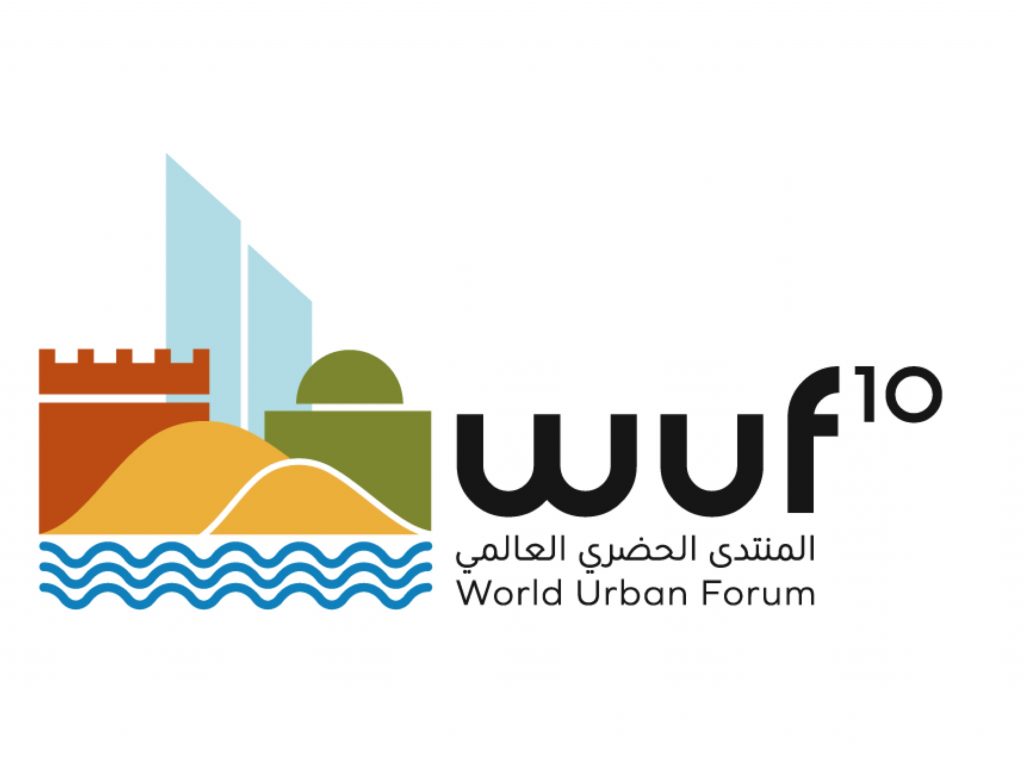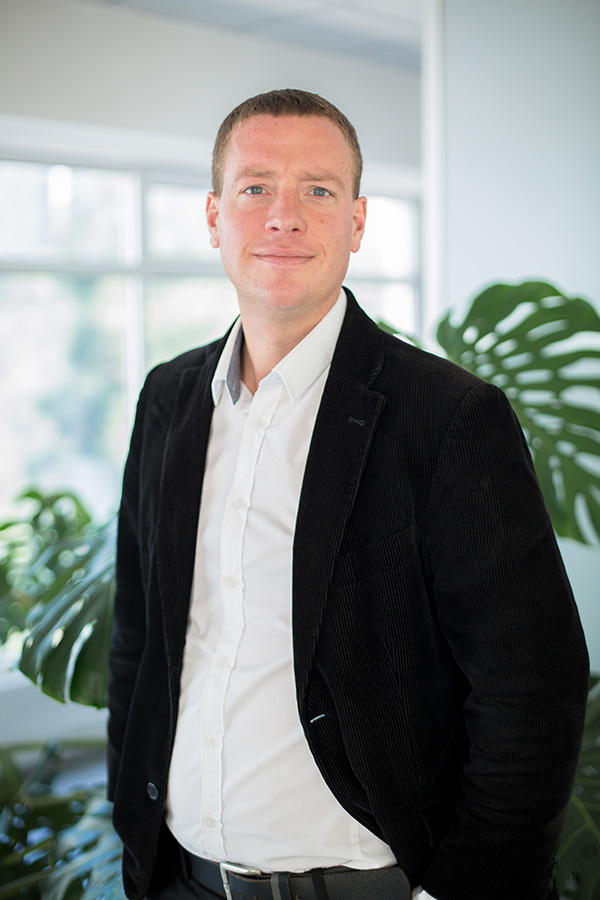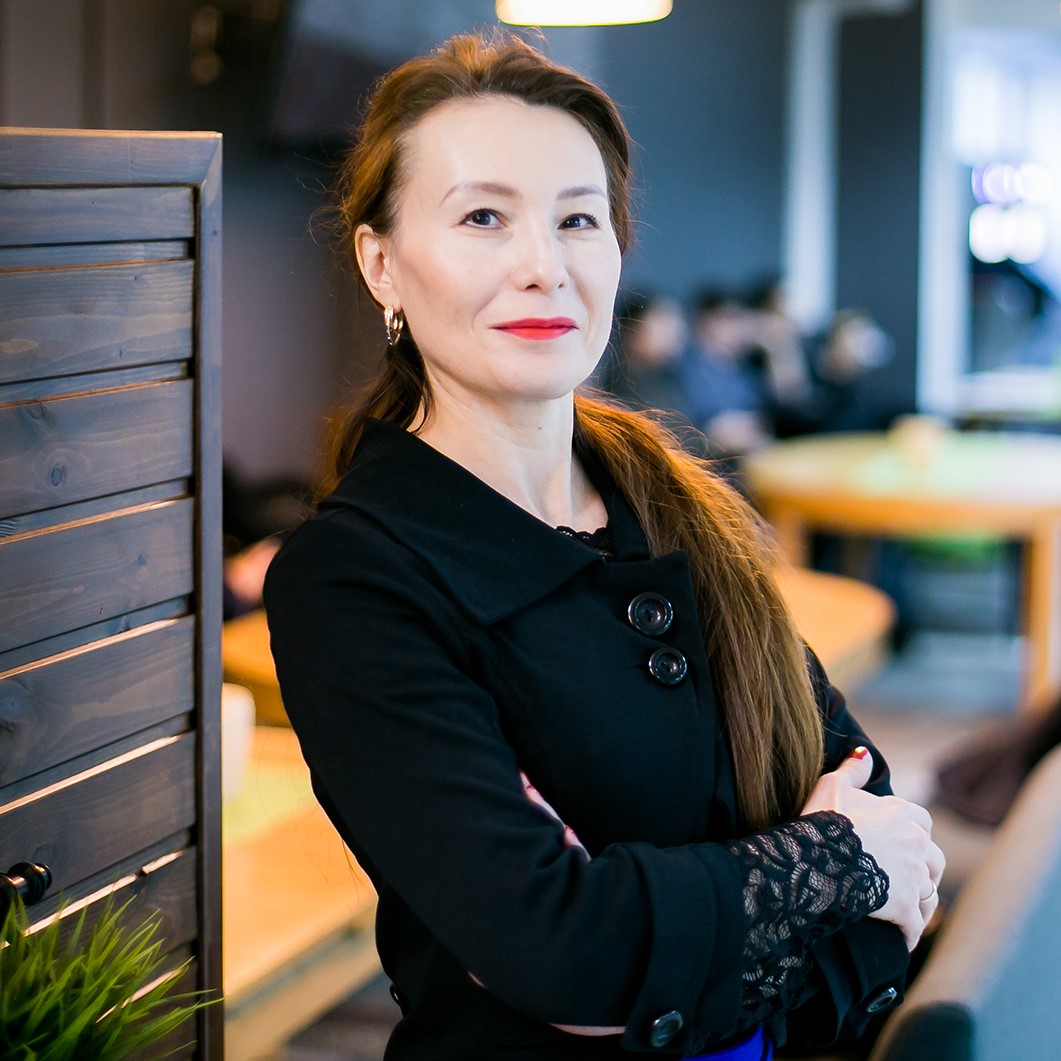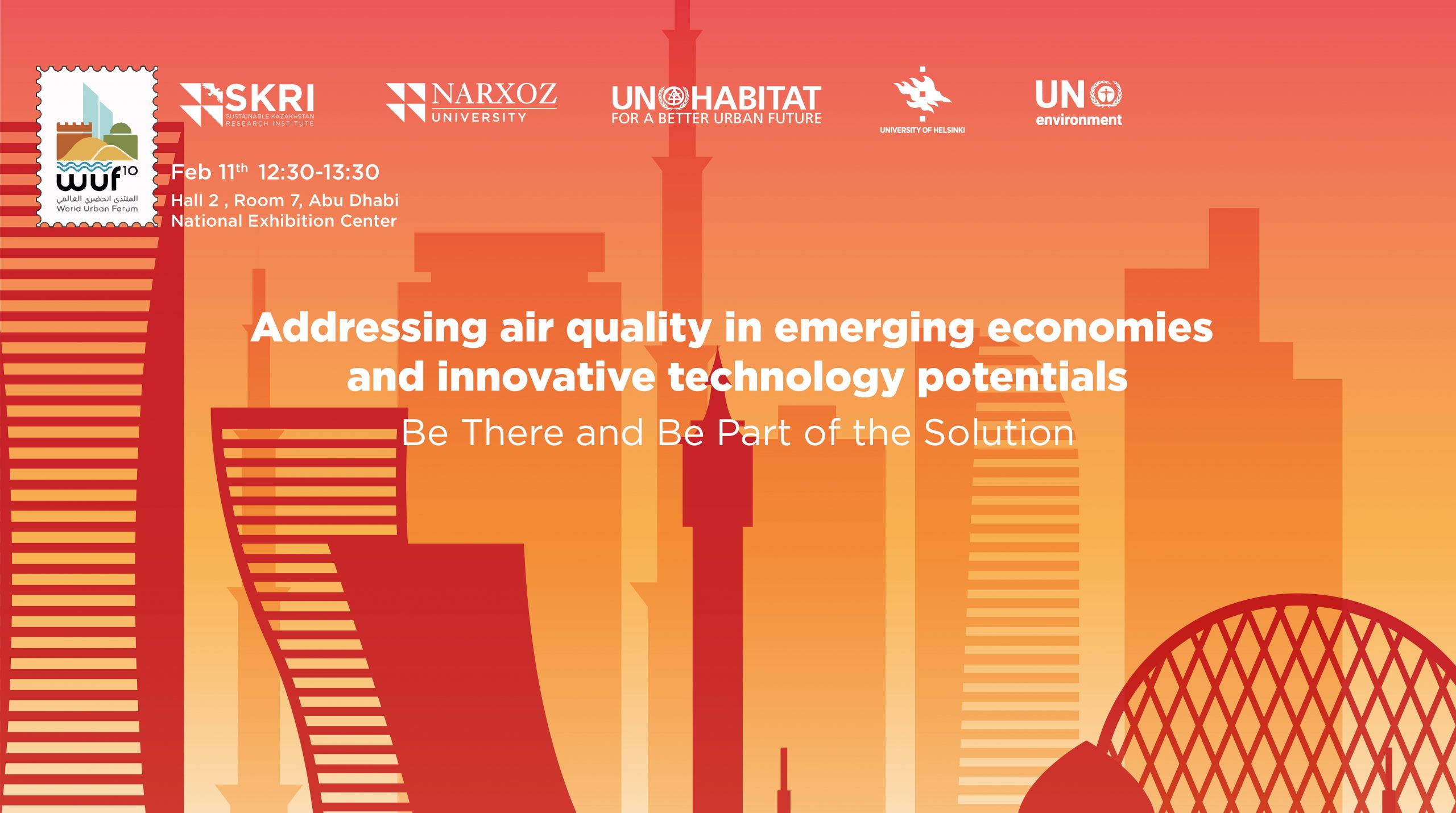Each year the world is rapidly increasing its urbanization rate. By 2050 it is estimated that 70% of the world’s population will live in major metropolitan cities. Moreover, most of global population growth is concentrated in Asia and Africa. In 35 years, it is estimated that 80% of the people in the world will be Asian or African. This will inevitably lead to economic growth which is strongly correlated with fossil fuel consumption. These long-term trends indicate major metropolitan cities in Asia and Africa will be both rapidly increasing their energy use and population size, which will negatively affect air quality in in cities like Almaty, Kazakhstan, which already suffer from dangerous levels of PM 2.5 and other hazardous air pollutants. As a result, there is an urgent need for data driven technologies to be utilized in order for governments to make sound policy choices and forecast for future sustainability. The Sustainable Kazakhstan Research Institute seeks to bring together governments, research institutions, and private sector actors to present scientific technologies that can be used to identify and monitor air quality for sound policymaking.

As one of the leading research institutions in Central Asia, Narxoz University has been chosen to head one of a select few of side events addressing global challenges connected to urbanization. The Sustainable Kazakhstan Research Institute in partnership with the School for Society, Technology and Environment will lead a side event together will the United Nations Environmental Program, United Nations Habitats, and Helsinki University entitled ‘Addressing air quality in emerging economies and innovative technology potentials’ on Feb. 11th from 12:30-1:30 in Abu Dhabi.
The World Urban Forum was established in 2001 by the United Nations to address one of the most pressing issues facing the world today: Rapid urbanization and its impacts on communities, cities, economies, climate change and policies. The Forum is a global event attended by the top researchers, policy makers and non-governmental organizations around the world addressing this issue. The 2020 forum will take place in Abu Dhabi, United Arab Emirates. There will be over 24,000 participants representing 164 countries from around the world.
Representatives of Narxoz:
Brendan Duprey, Director of the Sustainable Kazakhstan Research Institute

Almira Daulbaeva, Assistant Professor, “Ecology” Education Program.

The panel at the side event will present air quality challenges from selected emerging economies in Asia and Africa, including the perspective of Almaty, Kazakhstan. The University of Helsinki will present their frontier technologies to detect/measure coarse scale and fine scale air pollution and its use for policy making in urban cities like Almaty. UNEP will also be using the event to have a teaser for their launch the “World’s largest crowding sourcing platform for PM 2.5 ”for urban cities around the world.
Time: 11th February, 12:30 — 13:30
Venue: Hall 2 , Room 7, Abu Dhabi National Exhibition Center
Co-organizers: Helsinki University, UN Habitats, UN Environment Programme
Speakers: Sean Khan, head of UN Environment’s Global Environmental Monitoring System Unit, Brendan Duprey, Director Sustainable Kazakhstan Research Institute, Narxoz University, Andrew Rebeiro-Hargrave, Senior Researcher, Helsinki University, Almira Daylbaeva, Associate Professor in Ecology at Narxoz University, Lawrence Mwangi Mukuru, Deputy Director Environment Monitoring Compliance and Enforcement Nairobi
